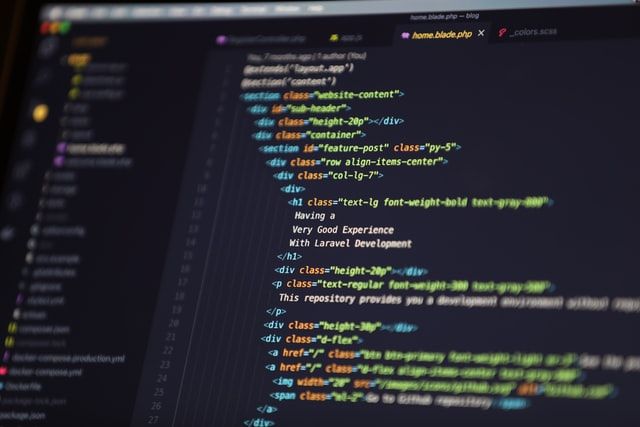Please don't touch my PHP

Did you know that PHP is used by more than 70% of websites? But at the same time, it is one of the most hated. It is easily topping the lists of the annual Stack Overflow surveys as one of the most dreaded languages. Nevertheless, PHP is 27 years old and still going strong.
Why is PHP so popular?
PHP is a recursive acronym. Initially, it stood for Personal Homepage, but now it stands for PHP: Hypertext Preprocessor. It runs on the Zend engine, although other implementations are used, such as HPVM, parrot or Hip Hop.
PHP code is usually processed on a web server by a PHP interpreter, which can be implemented as a module, a daemon, or a Common Gateway Interface (CGI) executable. The result of the interpreted and executed PHP code forms the whole or part of an HTTP response. PHP can also be used for many tasks outside the web context, e.g. standalone graphical applications or robotic drone control. It's possible to execute PHP code from the command line as well.
There are many debates on whether PHP is declining due to the popularity of other languages, such as JavaScript, Python or Golang. But is PHP dying? We say no. PHP is used to run the servers of nearly 70% of all websites today. To illustrate, by visiting ten websites a day, there's a great chance that 7 of them use PHP.
Let's take a look at other reasons why you should give PHP a try.
Flexibility
PHP can effectively be combined with many other programming languages. In other words, software products can use the most effective technology for each feature. In addition, PHP is a cross-platform language that can be used on any primary operating system.
Open-source
Not only is PHP free-to-use, but most development tools utilized in combination with PHP are open-source software that can also be used for free. Additionally, there are many frameworks, for example, Laravel and CodeIgniter, and various CMS, which amplify the functionality of PHP, thus making the development process easier and more effective.
Synchronization with databases
PHP can connect to almost any type of database. The most common is MySQL. Other database management systems compatible with PHP include mSQL, MS-SQL, SQLite, PostgreSQL, etc. PHP can also be used with ElasticSearch, Redis, MongoDB, or other non-relational databases. Because of this, developers are not limited to using a particular database but the most optimal one for the project.
Easy to learn
Learning PHP is relatively easy, maybe not so much as learning Python, but still simple enough to add to PHP's popularity among users. Furthermore, there are many tutorials and manuals available that can help when needed. These materials are also an excellent start for beginners, making the learning process much more manageable.
Compatibility with cloud services
Another benefit of PHP is that PHP applications can be deployed on a cloud server, removing hardware limitations and enabling direct access to cloud resources and services. Using a Cloud IDE provides you with automated and standardized, fully configured development environments available in seconds.
Originally Posted by Mira Mitchell of The Codeanywhere team.
